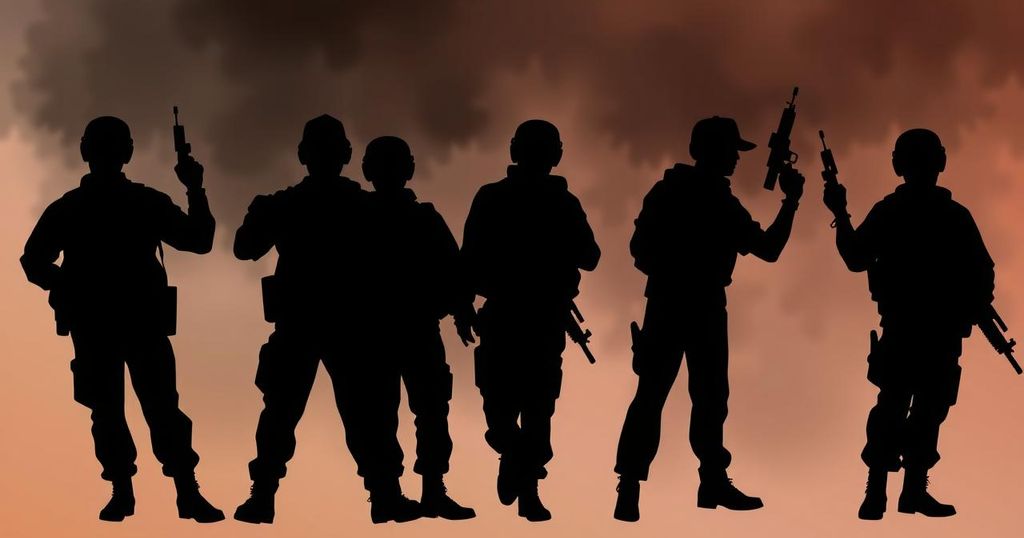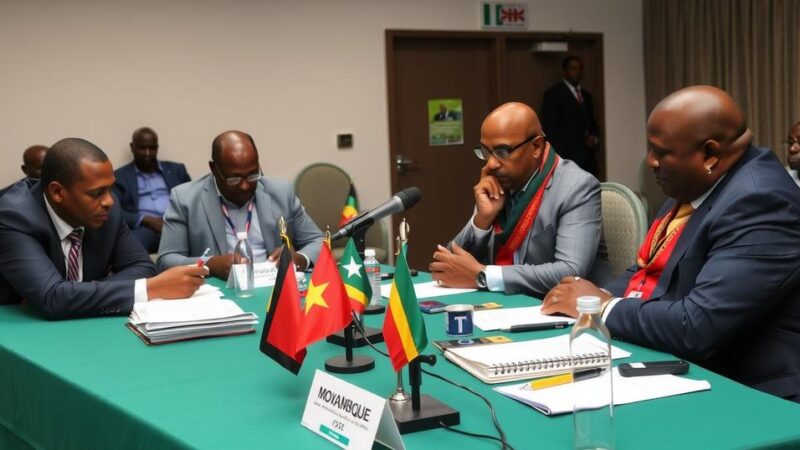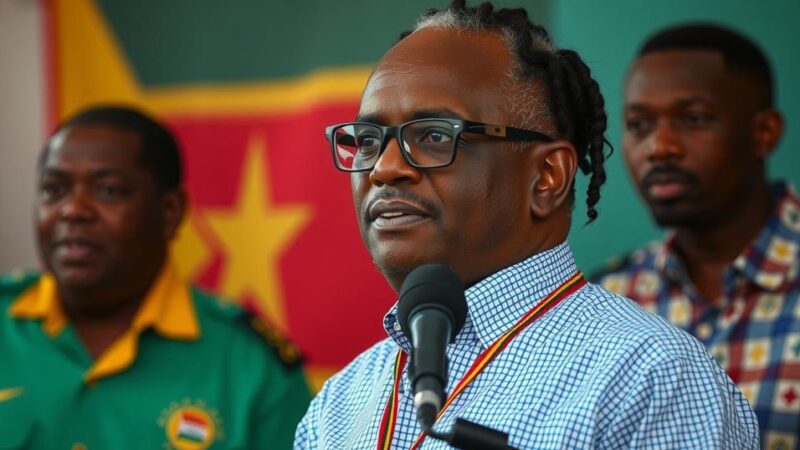Dominican Republic President Luis Abinader warned of potential “drastic measures” to be implemented if a U.N.-backed anti-gang mission in Haiti fails. The gangs have taken control of a significant portion of Port-au-Prince, fostering insecurity that affects the Dominican Republic. Abinader appealed for international support and emphasized the need for proper resources to facilitate Haitian elections amid deteriorating conditions, while also addressing human rights concerns related to the treatment of Haitians in his country.
In an address to the United Nations General Assembly, Dominican Republic President Luis Abinader expressed grave concern over the escalating gang violence in neighboring Haiti and signaled potential “drastic measures” from his government should the ongoing U.N.-backed anti-gang mission fail. President Abinader did not specify what actions might be taken but emphasized the urgent need to restore order, as gangs currently control approximately 80% of Port-au-Prince. The mission, led by Kenya in collaboration with police and military support from Jamaica and Belize, has not reached the required total of 2,500 personnel, prompting fears about its effectiveness. Abinader highlighted the dire consequences of Haiti’s instability, which has significantly strained Dominican security and social systems. He noted the impact on health care and education, as many Haitians seek refuge in the Dominican Republic, thus overwhelming local services. In light of this crisis, he appealed for international cooperation, stating, “The crisis in Haiti warrants particular attention. We cannot do it alone.” The deteriorating situation in Haiti has resulted in mass violence, including attacks on governmental facilities and police stations, which have contributed to national unrest and emergency interventions, including the resignation of former Prime Minister Ariel Henry. The President stressed the necessity for free and transparent elections in Haiti, which have not been conducted since 2016, calling the current circumstances untenable as the timeline for elections approaches without adequacy in preparedness. Furthermore, Abinader addressed human rights concerns regarding the treatment of Haitians within the Dominican Republic, firmly rebutting allegations of violations and affirming his government’s commitment to uphold human rights while managing the immigration crisis. He pointed to statistical improvements in national safety and poverty rates, suggesting progress amidst significant challenges created by regional instability. The remarks came as leaders of the Haitian transitional presidential council, including Edgard Leblanc Fils, are scheduled to present their perspectives at the ongoing General Assembly sessions, indicating an urgency to address the regional crisis during international discourse.
The ongoing crisis in Haiti has led to rampant gang violence, which has surged since the assassination of President Jovenel Moïse in July 2021. With gangs controlling the vast majority of the capital and creating a humanitarian crisis, the Dominican Republic faces considerable pressure as it shares the island of Hispaniola with Haiti. The Dominican government has taken significant measures to respond to this crisis, including deportations of Haitian migrants and increased border security. The U.N.-backed mission aims to restore stability and prepare Haiti for elections which have not occurred since 2016. Abinader’s administration is tasked with balancing domestic stability while engaging with Haitian leaders and managing the humanitarian fallout from the ongoing violence.
President Luis Abinader’s remarks underscore the urgency of the situation in Haiti and the potential implications for Dominican national security. As gang violence continues to wreak havoc in Port-au-Prince, the Dominican Republic is poised to take decisive action if the international mission falters. His call for international collaboration is indicative of the broader regional dynamics at play, necessitating a coordinated effort to restore peace in Haiti. Furthermore, Abinader’s commitment to human rights amid growing pressures reveals the complexities faced by his government in navigating the humanitarian consequences of the crisis.
Original Source: apnews.com







